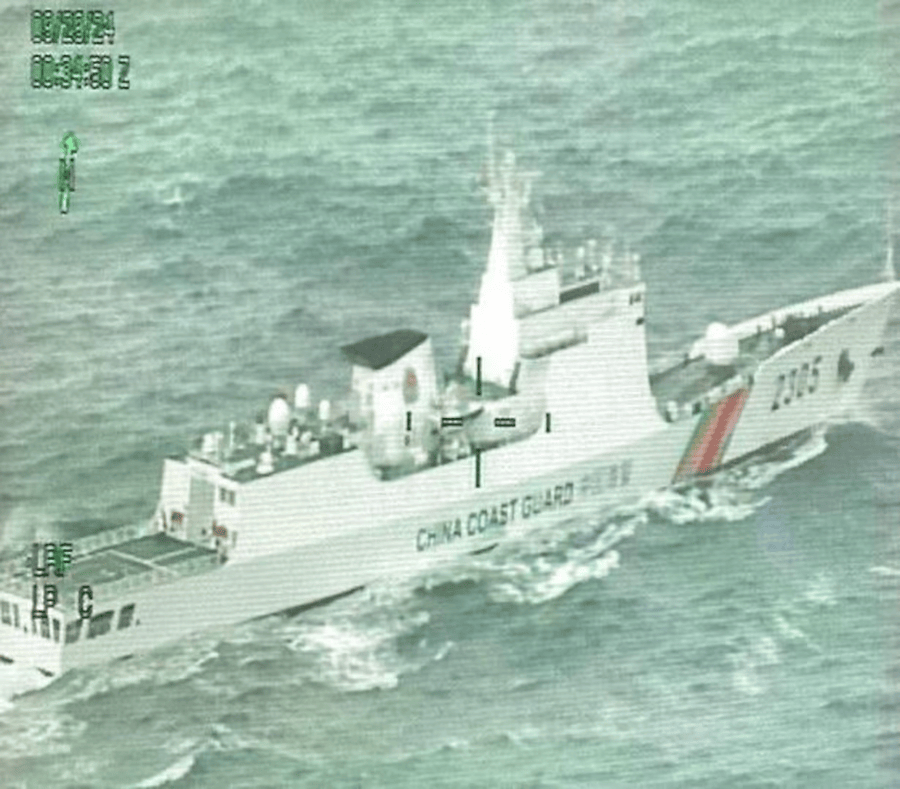Confusing the Relationship Among Interrogation and Trial Options in Terrorism Cases - the Kentucky-Iraq Defendants
I noted recently that federal prosecutors have indicted a pair of men in Kentucky in connection with the insurgency in Iraq, noting that the situation might raise questions regarding the extent to which such persons ought to be tried by military commission rather than in a civilian criminal proceeding. Since then, Senator McConnell has been particularly vocal in calling for the men to be shipped t
Published by The Lawfare Institute
in Cooperation With

I noted recently that federal prosecutors have indicted a pair of men in Kentucky in connection with the insurgency in Iraq, noting that the situation might raise questions regarding the extent to which such persons ought to be tried by military commission rather than in a civilian criminal proceeding. Since then, Senator McConnell has been particularly vocal in calling for the men to be shipped to GTMO to face a commission. Among other things, Senator McConnell states:
“The perfect place for these terrorists is at Guantánamo, to be interrogated. And, if subsequently a trial is deemed appropriate for these foreign terrorists, there are courtrooms down there for the military commission trials. There is really no reason to be mainstreaming these foreign terrorists into a regular U.S. court.”I only have a moment to comment on this, and so will share just one point that I think has been overlooked here. It may be that this is a situation in which it is important to conduct interrogations (by the HIG, for example) not for purposes of developing evidence for trial but, rather, for purposes of intelligence. I don't know; one would have to know inside information regarding the position these guys are thought to have had in relation to the insurgency, the timeliness/staleness of that information, the extent to which they already are talking, and so forth. But let's assume that a good case can be made for the HIG to be brought in, or otherwise to conduct interrogations that definitely will not produce admissible evidence because counsel has been excluded (note that I'm proceeding from the assumption of no torture, no CID treatment). It does not follow that a person must be shipped to GTMO to do this. Nor is it the case that the fruits of such security-imperative interrogations somehow are more admissible in a military commission proceeding than in a civilian trial. As I've tried to explain many times before, the rules that currently govern commission proceedings do not open the door to involuntary statements anymore than do the rules for civilian prosecutions, except in the here-inapplicable circumstances of a battlefield interrogation at the point of capture. So, if a case is going to be made for shipping these guys off to GTMO for a commission proceeding--a move that is sure to invite significant litigation that will cast substantial uncertainty over the proceeding--it has to be made on other grounds.
Robert (Bobby) Chesney is the Dean of the University of Texas School of Law, where he also holds the James A. Baker III Chair in the Rule of Law and World Affairs at UT. He is known internationally for his scholarship relating both to cybersecurity and national security. He is a co-founder of Lawfare, the nation’s leading online source for analysis of national security legal issues, and he co-hosts the popular show The National Security Law Podcast.



.jpg?sfvrsn=118b03e5_5)
e304b8c6-62ac-4691-8f59-0c9a301d1565.jpg?sfvrsn=2eb0521f_8)
